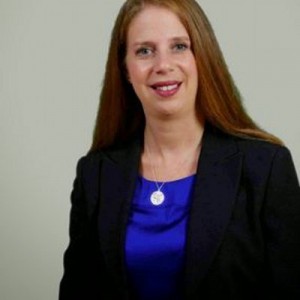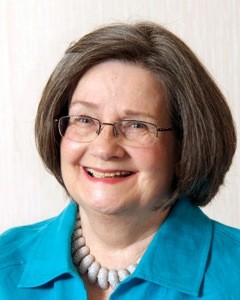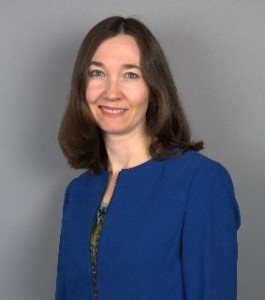By Sandy Cardy
Special to the Financial Independence Hub

During the holiday season, I wrote an article about over-consumption – the gist being that the over-consumption of credit can leave us with debt troubles and how over-consumption of the wrong foods can leave us with harmful health debt.
There’s a general consensus that it costs too much money to eat healthily all the time. While it’s true that natural food products can be quite expensive, especially if you eat gluten-free or vegan packaged foods, there are ways to stretch your dollar at the grocery store.
The rising cost of groceries has made headlines again; in 2015 the average Canadian household spent about $325 more on food and is expected to spend an extra $345 in 2016, according to the University of Guelph’s Food Institute.
Meat and produce are expected to see the biggest price jump, with meat seeing a 4.5 per cent increase and fruits and vegetables rising between 4 and 4.5 per cent this year.
There’s good news though! Eating healthy doesn’t have to come with a hefty price tag. By stocking up your pantry on a variety of everyday superfoods and pairing them with fresh ingredients, dinners to feed the family can cost you less.
Stock Your Pantry Continue Reading…





